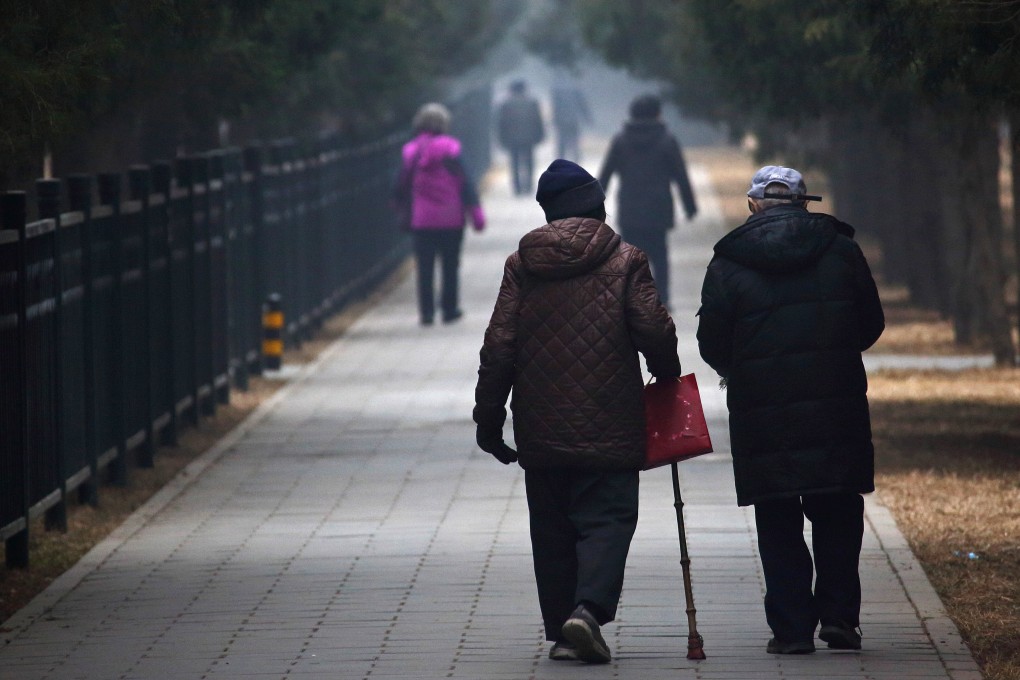Opinion | A place for bold media as China enters its new normal
Hu Shuli says there is a need for honest reflection of the country's directions and sharp analysis of its social and economic transformation

Since last week, Caixin's New Century magazine has been renamed, simply, Caixin Weekly. In the five years since its launch, the media environment has drastically changed, with the rise of social media presenting the biggest challenge to the traditional print and broadcast business.
Yet, despite these changes, the magazine's pledge of producing quality journalism remains unchanged. In-depth news coverage matters. It is especially so in a China at the crossroads of its development, poised today for an economic transformation that will also reshape relations between government and society.
Before the introduction of China's reforms and opening up, its government and society were one and the same; to speak of the government was to include all of society, and vice versa. From an individual's work, life and thinking to an entire people's economy, politics and culture, all aspects of life were under the purview of the government.
The 30 years of reform can be said to be a voluntary government exercise to curb its own influence. As a result, pockets of space have opened up in society that are beyond the state's control. A notion of the individual identity has begun to take shape in people's consciousness, alongside the once all-encompassing collective. In public life, social space has expanded, even as the state has retreated.
In recent years, however, even though personal space is still expanding, the government has renewed its efforts to extend its control, so that while Chinese people keenly feel the effects of the globalisation of their economy, lifestyle and ideas, they also sense their government tightening its grip on power.
These are tectonic shifts, and a rich mine of stories lies at the fault lines. The most important news, whether it relates to the economy, society or current affairs, happens here.
